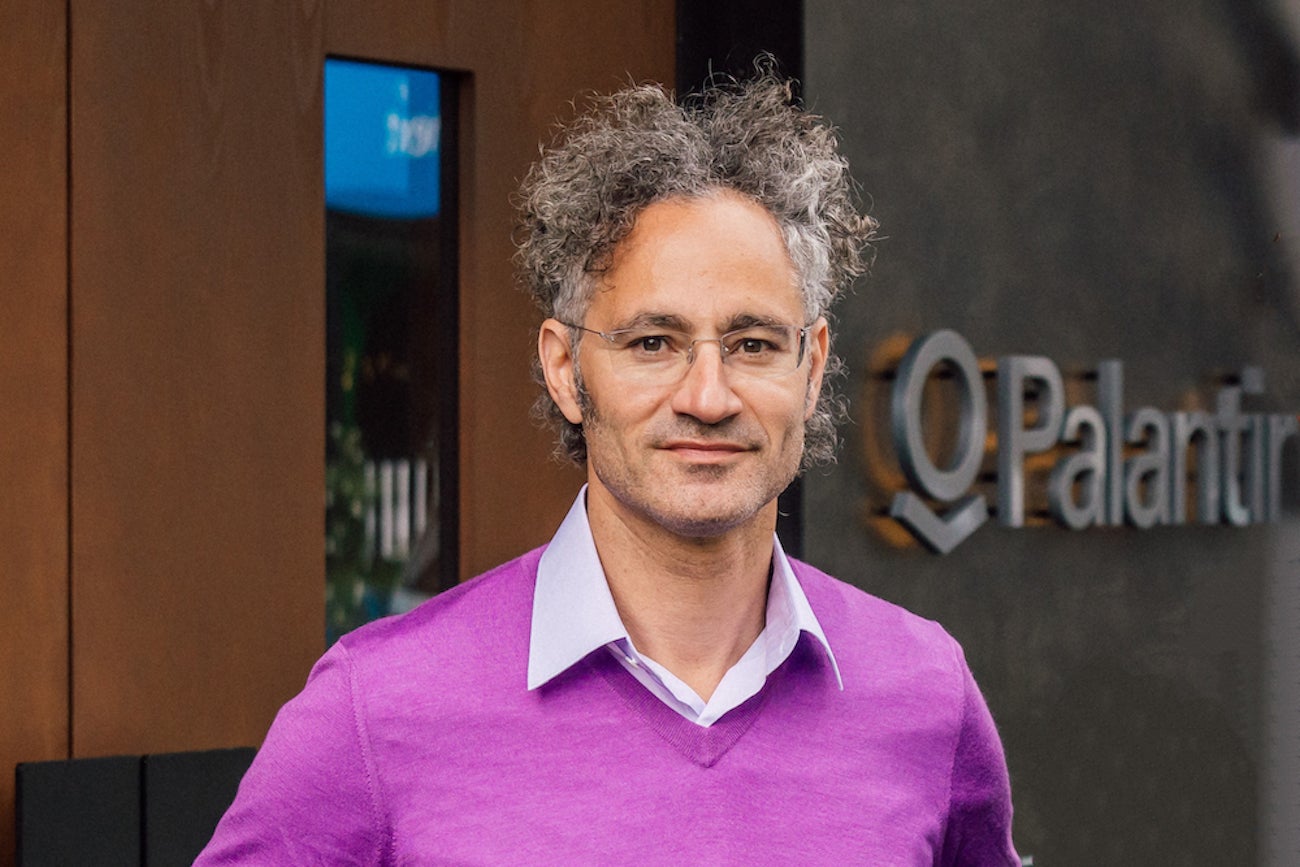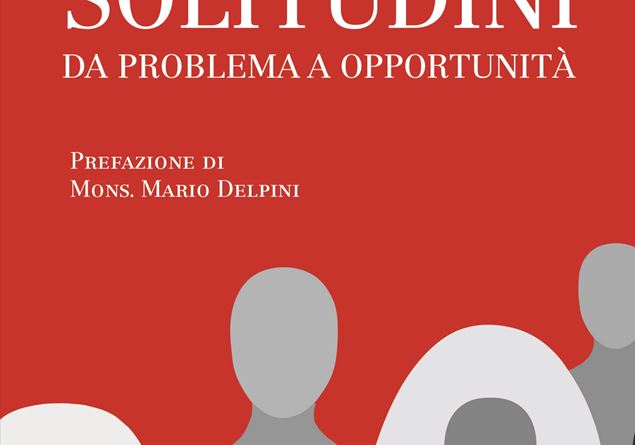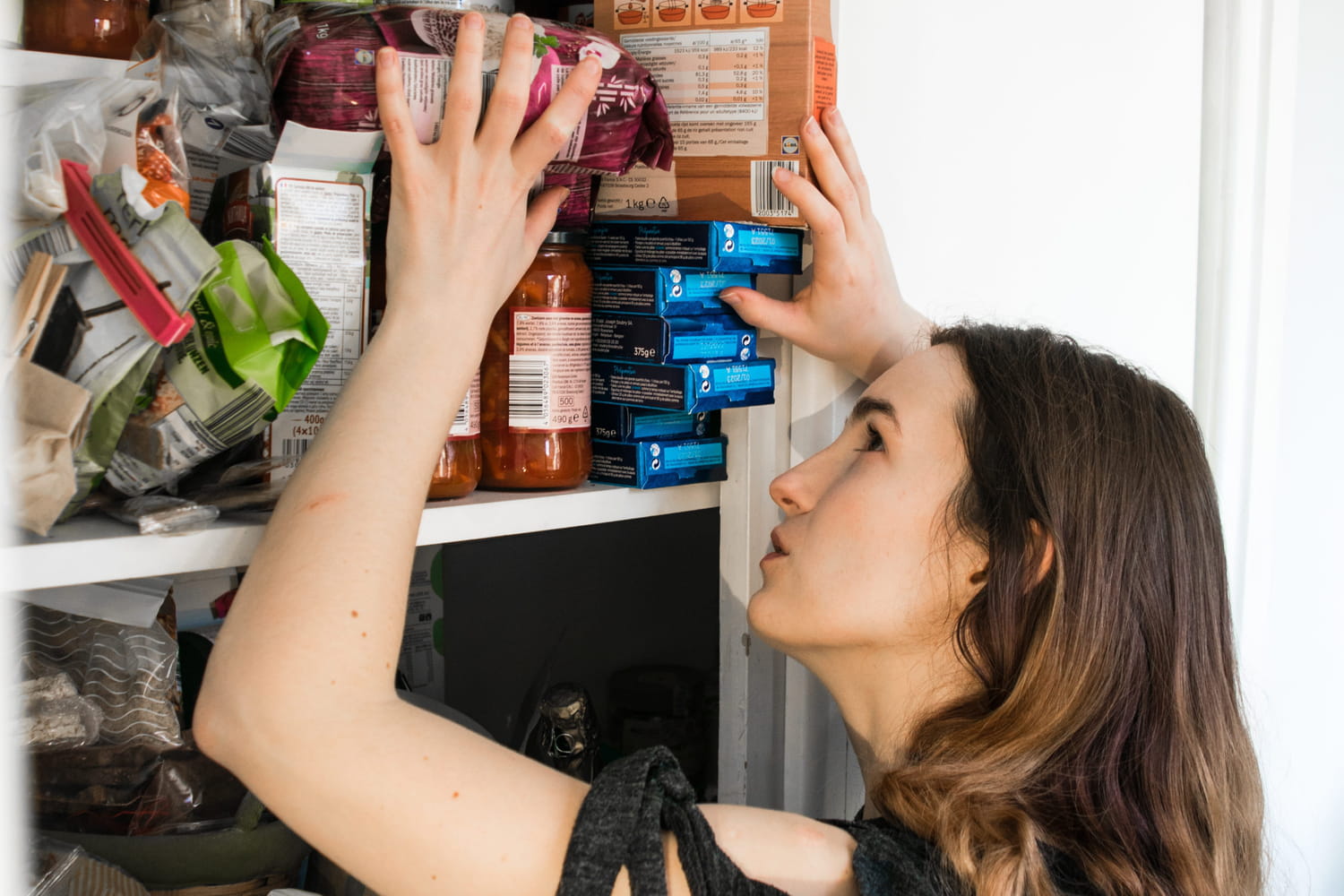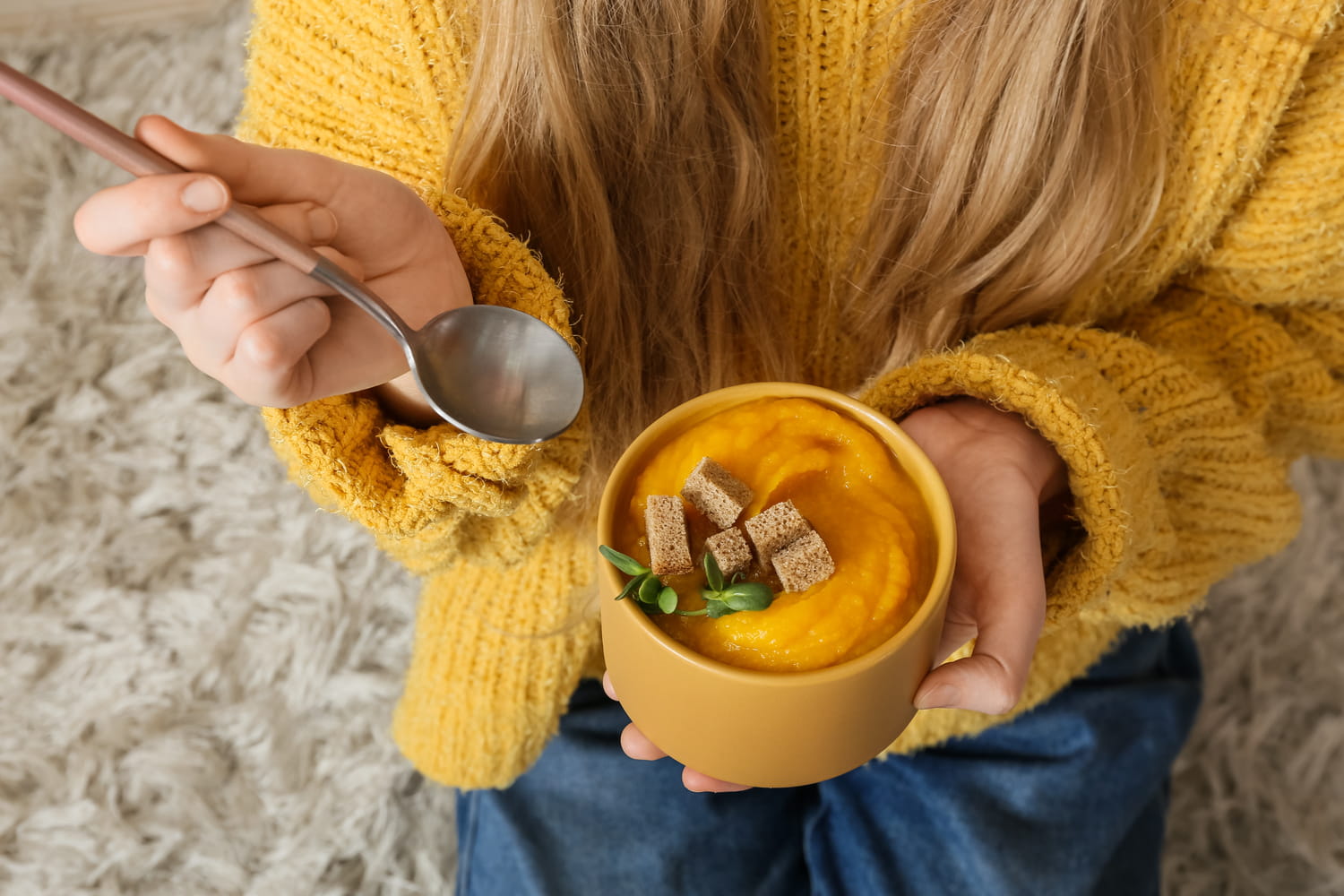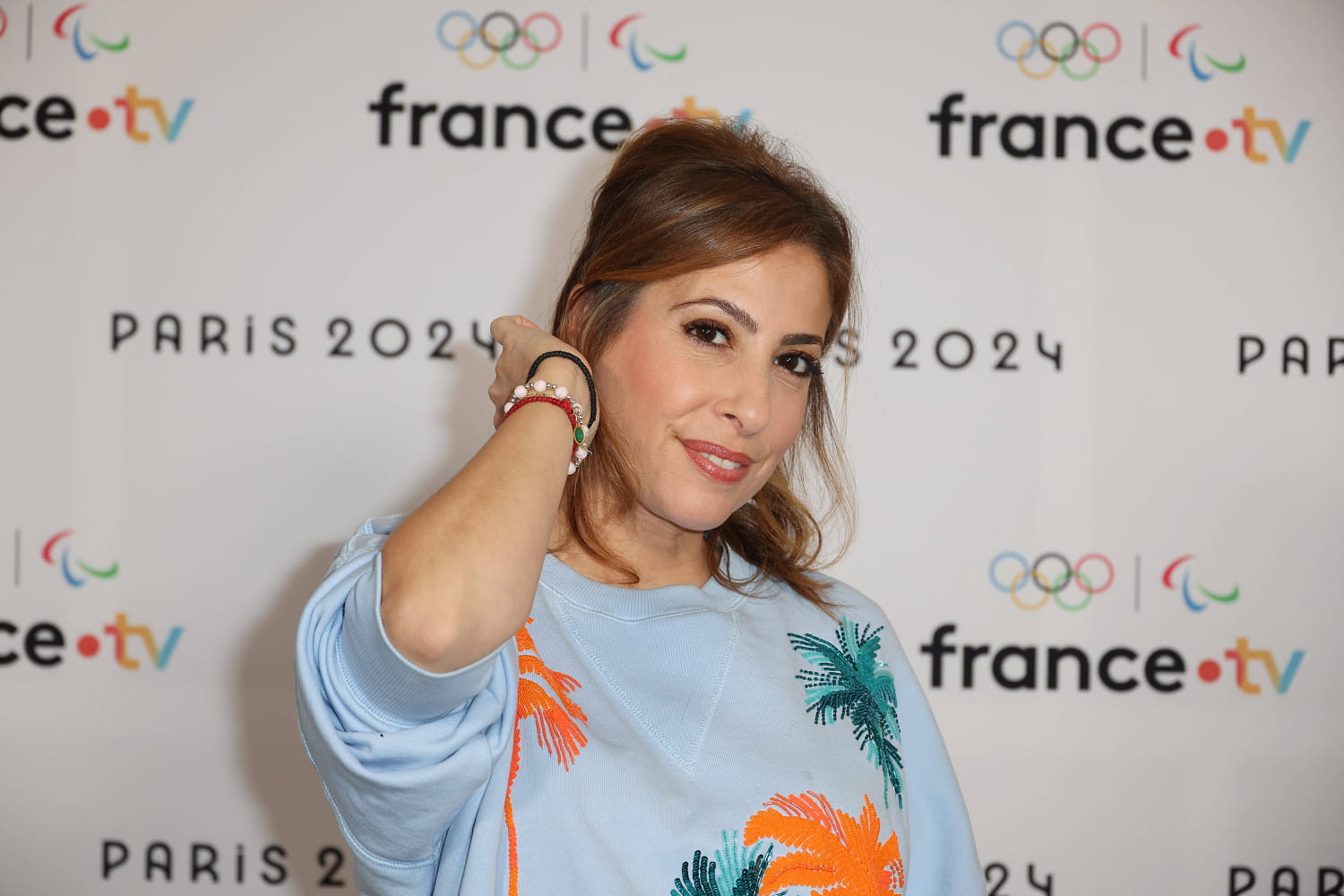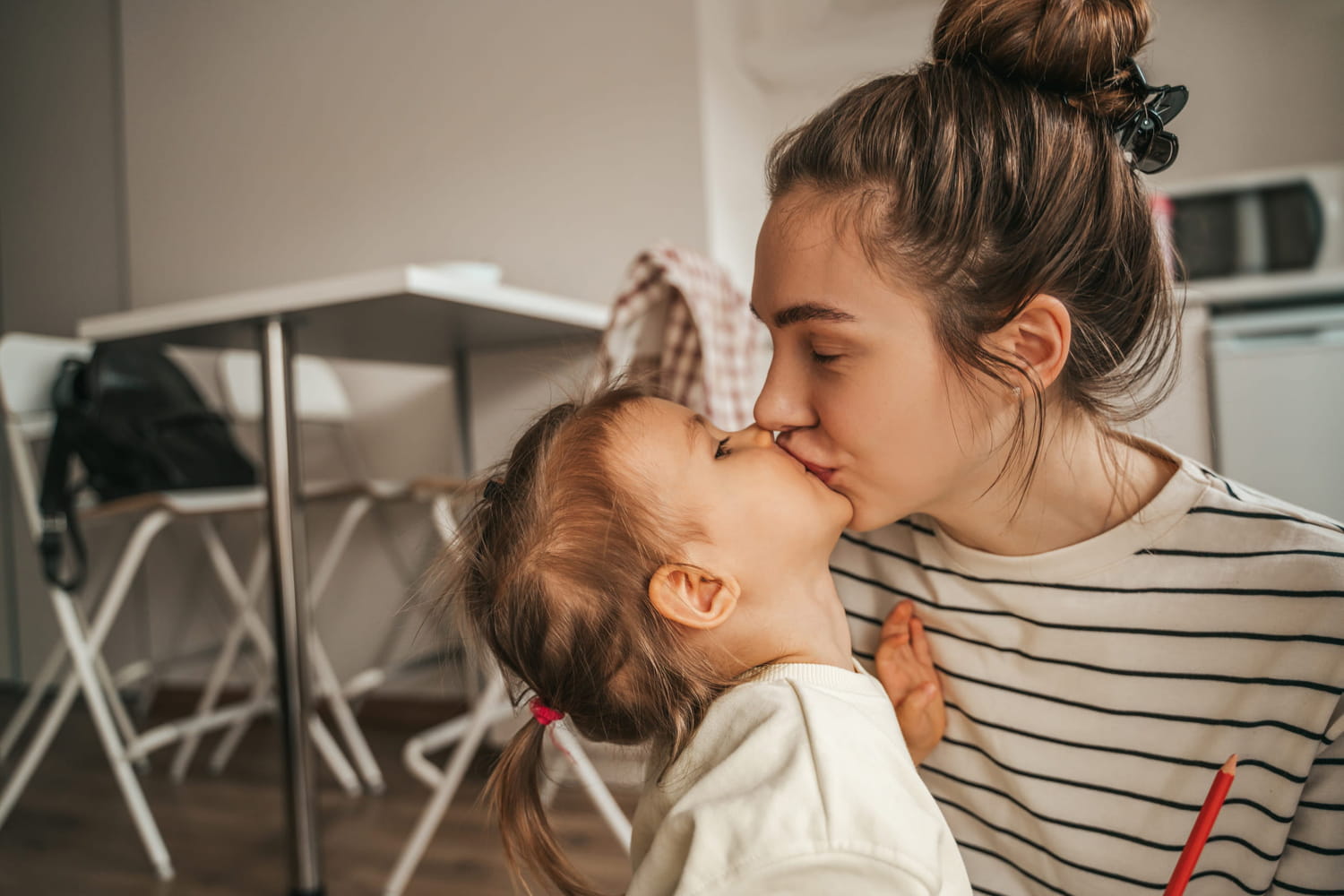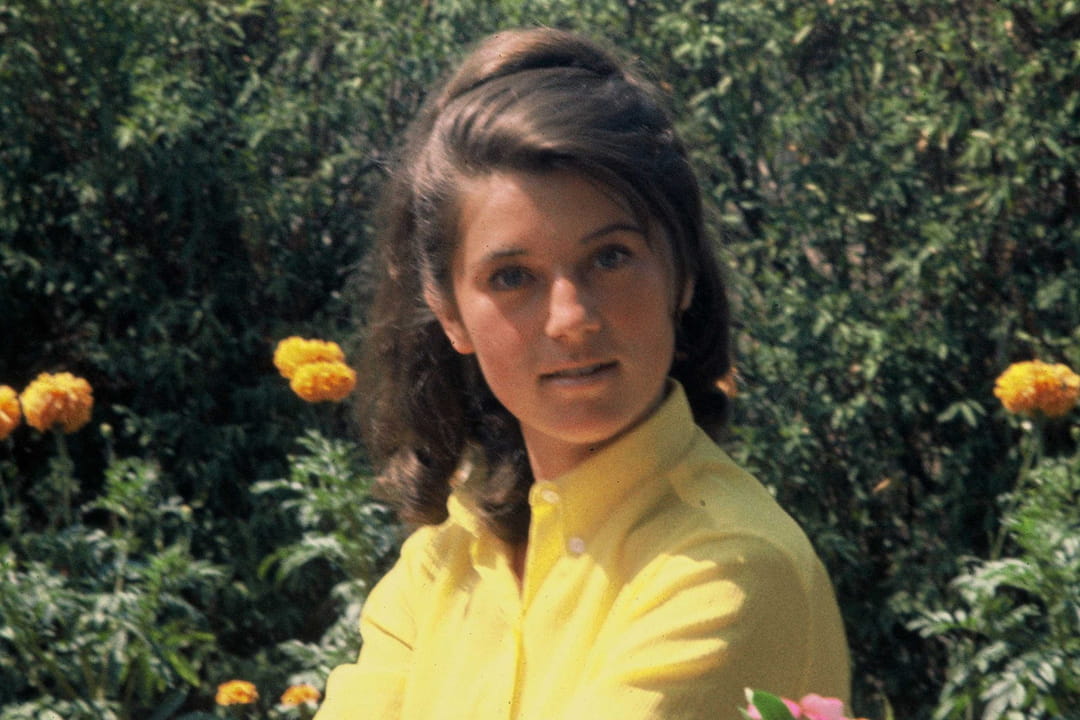Education methods often reveal our cultural origins. Marina, a Russian mother in France, tells how her educational principles have created tensions in her Franco-Russian couple and why she persists in certain practices.
When you become a parent in a country different from that where we have grown up, cultural differences take on a particular dimension. Between family traditions and new local habits, it is sometimes necessary to make choices that can surprise those around them. Marina, mother of Russian origin installed in France and married to a Frenchman, testifies on her Instagram account (@Salut_Marina) of this crop shock on a daily basis. “As a Russian mother married to a French, I discovered that certain principles of education, which seem normal, were very difficult to accept for my husband”she confides to her community in a publication. His testimony reveals four educational practices which perfectly illustrate the differences between the Russian and French approach to education.
The first two principles concern the basic needs of the child: sleep and food. For Marina, “Children can sleep with parents” And this practice seems natural to him. “In Russia, it’s very common: a baby or even a young child sleeps in the parents’ bed. For me, it’s reassuring, it creates a strong link and everyone sleeps better”she explains. Her French husband sees things differently, considering “It as an attack on the intimacy of the couple” and think “that a child must learn early to sleep alone”. The second principle relates to food: “We feed children when they are hungry, and we prepare a special dish if they don’t like adult meals”. Marina grew “With the idea that a child has his own needs and that it is normal to adapt”. Faced with this approach, her husband finds “This unthinkable” and defends the principle that a table, “We eat the same thing as everyone, and on time.”
The other two practices reveal a philosophy of protection deeply rooted in Russian culture. “In Russia, mothers (and grannies) watch over every detail: putting a hat, a scarf, checking that they do not walk barefoot on the cold ground, that they wash with your hands well … It is a way of showing love and responsibility”details Marina. Her French husband finds this “suffocating and excessive”, believing that “Children must learn to be autonomous, to fall sick sometimes, to make their antibodies”. The fourth principle concerns maternal sacrifice: “Always give children the best before yourself”. “I never hesitate to spend on my children – activities, toys, clothes, outings … But when it comes to me, I think a hundred times before buying something”, she says.
“These differences have often made us discuss, sometimes even arguing”recognizes Marina. But the experience allowed the couple to find a balance. “Over time, we have learned to find common ground: to put clear limits to children, but also to show them that they can always count on us. That they are loved, protected and never alone.” This reveals a beautiful lesson: accepting cultural differences makes it possible to enrich the education of children by drawing from the best of both worlds.
